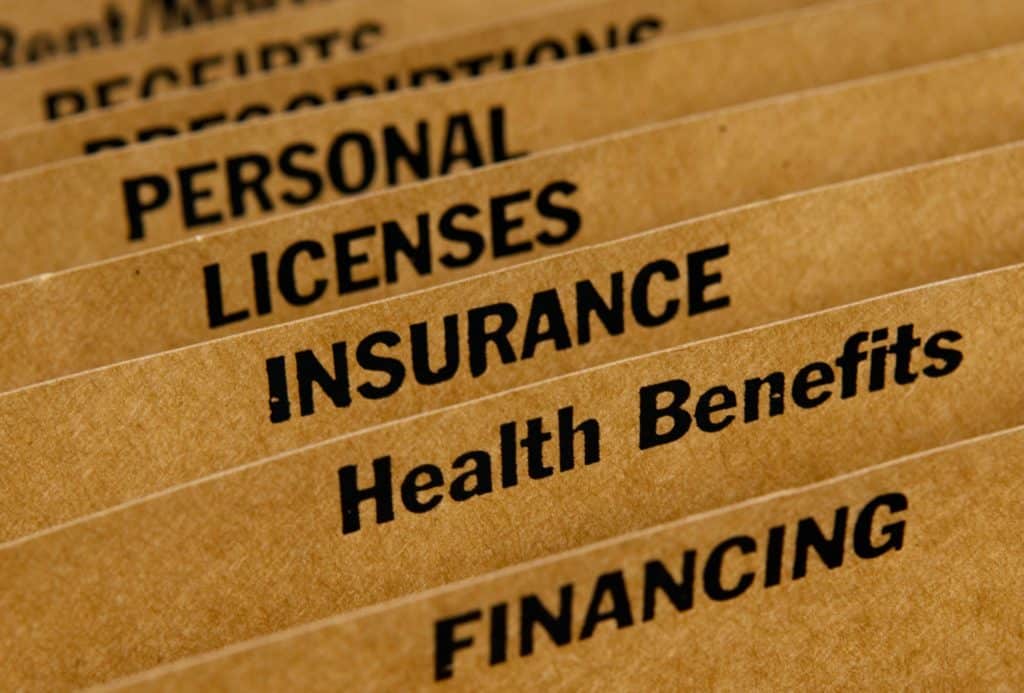As a small business owner, knowing the tax laws that may affect your business is crucial.
There are many different tax breaks and deductions that you may be eligible for, but it is essential to consult with an accountant or tax specialist to make sure you are taking advantage of them.
This guide will discuss the most important things small business owners need to know about their taxes. Let’s get started!
Keep Your Deadlines in Check
Juggling a small business’s many tasks and responsibilities can be daunting, so it’s a great idea to set deadlines and stick to them.
These deadlines will help you stay on track and ensure your business runs smoothly.
Use Helpful Tools
If you have trouble meeting deadlines, consider using some helpful tax tools to help you stay organized.
These tools can help you track what you need to do and when it is due. They also allow you to share your calendar with others, so they can see what you’re working on and help out if needed.
Sticking to deadlines is essential for any small business, so make sure to set realistic goals and deadlines for yourself and your team and then stick to them.
Record Keeping, Record Keeping, Record Keeping
When it comes to taxes, recordkeeping is essential for small business owners. You need to keep track of all your income and expenses so that you can accurately report them to the IRS.
Employing some basic bookkeeping tips can help save your business time and money.
If you don’t keep good records, you could have a hefty tax bill or be subject to an audit.
There are many different ways to keep track of your finances, but the best method depends on your business.

Here are a couple of the different methods you can use:
- Online accounting software: This is an excellent option for small businesses, as it allows you to easily track your income and expenses and generate reports that can be shared with tax professionals.
- Spreadsheets: If you prefer to use manual systems, spreadsheet software such as Microsoft Excel is an easy way to manage your records.
You should also keep track of your personal finances as they relate to your business. For example, if you use your personal credit card for business expenses, track those expenses separately.
Tracking your personal credit card use separately will help you stay organized and avoid any confusion come tax time.
Complete the Proper Tax Forms
Completing the proper tax forms can be daunting for small business owners. The good news is that many resources are available to help you, including the IRS website and your tax preparer.
Gather Your Documents
To begin, you will need to gather all of your relevant tax documents.
Some of the documents you will need include the following:
- Income statements
- W-2s
- 1099s
- Receipts for business expenses
You will also need to have your Social Security number and federal employer identification number (FEIN) handy.
Fill Out Necessary Forms
Once you gather all your information, it’s time to start filling out your tax forms.
The first form you will likely need to complete is the IRS Schedule C. This form is used to report business income and expenses.
Be sure to include all your income and expenses for the year and any deductions or credits you may be eligible for.
Other common tax forms include the 1040EZ, a simplified version of the 1040 tax return, and the W-4, used to determine how much federal income tax should be withheld from your paychecks.

Small business owners may need to contact a professional to get help with their taxes at some point. An accountant or tax expert specializing in small businesses could help your business save money.
If you decide to hire a professional, choose someone with expertise and experience working with small businesses.
An accountant or tax expert will be able to help you with the following:
- Planning and strategizing for tax season
- Filing your taxes, either on your own or with your small business team
- Navigating complex tax issues that may come up throughout the year
Overall, small business owners must be diligent about their taxes to stay on top of everything and avoid costly mistakes.
With the right resources and a little planning, it is possible to take care of your small business taxes without too much stress or hassle.
Wrap Up
Managing your taxes can be challenging as a small business owner. But with the right tools and strategies in place, it is possible to stay on top of everything and minimize any tax-related stress and confusion.
Whether you’re keeping good records, completing the proper forms, or contacting a professional for help, there are many ways to manage your small business taxes successfully. So don’t hesitate to take charge of this critical aspect of running your business!
Have any tax tips for a small business? Let us know in the comments below!
Frequently Asked Questions
A: The tax filing process can vary depending on several factors, including the type and size of your business.
One option is to consult with a tax professional who can help you navigate the filing process and determine your necessary forms and documents. Another option is to use online resources or software designed specifically for small businesses, such as TurboTax.
A: In most cases, small business owners must file taxes regardless of how long they have been in business. This is because small businesses typically generate income through various revenue streams, and it is important to report all of this income on your tax forms accurately.
However, there may be some exceptions depending on the size and type of your business. For example, if you are a sole proprietor or small business owner with minimal revenue and expenses, you may not meet the requirements for filing taxes.
To determine whether you need to file taxes as a small business owner, consult with a tax professional who can help you understand your tax obligations based on your specific situation. With their guidance, you can make an informed decision about how to manage your small business tax filings.
A: Small business owners are required to file taxes based on the income they generate for their businesses. This means that small business owners with higher incomes may need to pay more in taxes than small business owners with lower incomes.
A: There is no definitive answer to this question, as small business owners may be eligible for many different tax write-offs depending on their business activities and other factors.
Some common small business tax write-offs include business expenses such as advertising costs, equipment purchases, or professional fees. Small businesses may also claim deductions based on their income through investments or rental properties.
A: Small business owners may benefit from various corporate structures depending on their specific needs and circumstances.
However, some common tax-friendly corporate structures for small businesses include sole proprietorships, partnerships, S corporations, and C corporations. Each structure has different requirements for filing taxes, so you must consider your unique situation before deciding which is best for you.






More Stories
Biden and Trump: A Look at Their Impeachment Battles
Biden and Trump Under Investigation: What You Need to Know
Latest Biden vs Trump Approval Ratings Revealed